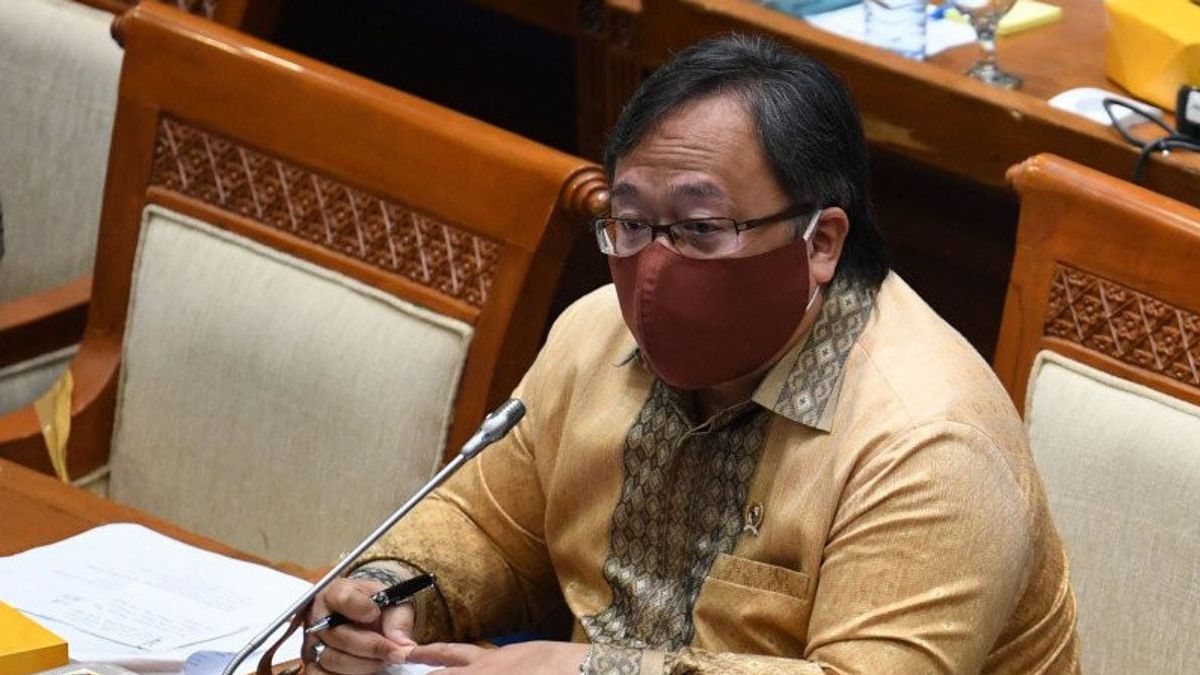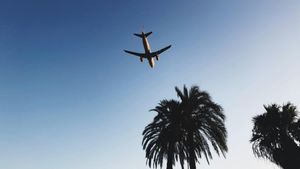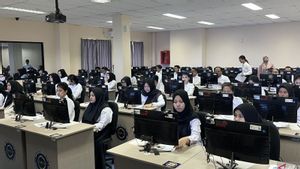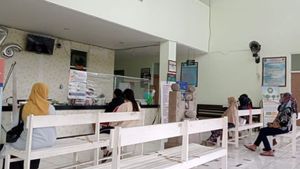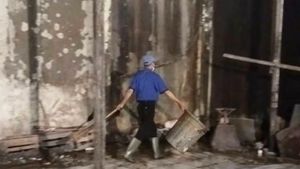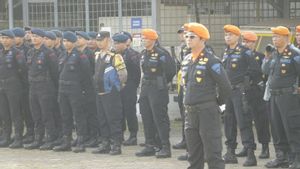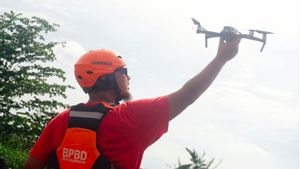JAKARTA - Minister of Research and Technology (Menristek) Bambang Brodjonegoro explained the latest developments regarding the red and white vaccine being developed by experts. According to him, the vaccine being developed by the Eikjman Biomolecular Institute is being prepared to be tested on animals immediately.
"Currently, the process is in October they are preparing for animal testing. We hope that this animal test will be completed and of course the results will be satisfactory by the end of this year," said Bambang in a press conference broadcast on the BNPB YouTube account, Tuesday, October 27. .
If it has been tested on animals and the results are good, then this vaccine will be handed over to PT Bio Farma for later production on a small scale for clinical testing purposes.
"We will follow all the procedures, clinical trials stage one, stage two and stage three," he said.
It's just that, although later clinical trials have been successful, the vaccine made by the Eikjman Institute will not be injected directly into humans. Because later, the Food and Drug Supervisory Agency (BPOM) has the right to decide whether this vaccine can be used en masse or not.
Bambang explained, in addition to the Eikjman Biomolecular Institute, the development of domestic vaccines was also carried out by five other institutions, namely the Indonesian Institute of Sciences (LIPI), University of Indonesia, Gadjah Mada University, Bandung Institute of Technology, and Airlangga University.
All these institutions, he continued, develop vaccines using different platforms and each institution will produce a different vaccine version from one another which will then be produced by pharmaceutical companies. "So at this time, the six of them are working respectively but in essence they will eventually come out with the COVID-19 vaccine," he said.
"Furthermore, it will be the responsibility of Bio Farma which will form a consortium with private companies," said Bambang.
He also outlined the challenges faced by the institutions that are developing the COVID-19 vaccine. The first challenge, he said, is that researchers must work using living cells, so they need to be careful.
The next challenge is how most of the vaccine ingredients have to be imported from abroad or imported. "For example, we import mammalian cells, even animals for testing," he explained.
"So sometimes the import process, including this reagent, can delay research activities," he concluded.
The English, Chinese, Japanese, Arabic, and French versions are automatically generated by the AI. So there may still be inaccuracies in translating, please always see Indonesian as our main language. (system supported by DigitalSiber.id)
